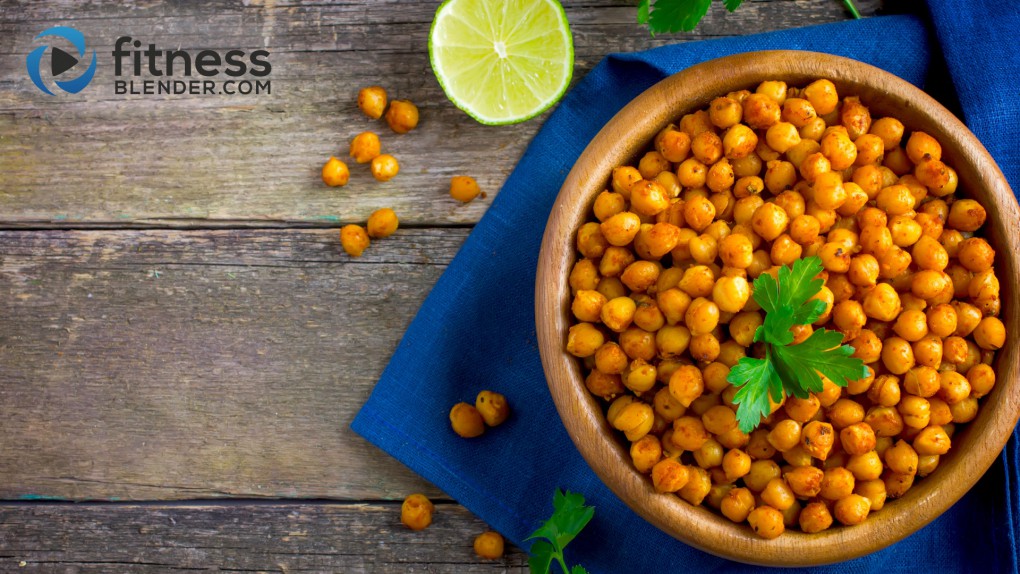If you're worried about high cholesterol, it helps to educate yourself as much as possible, and have a plan to maintain healthy levels.
One of the first things to realize is that there are a variety of reasons why someone's cholesterol may be high. For some people, it's largely a matter of heredity and their bodies simply produce too much cholesterol. For others, lifestyle choices such as an unhealthy diet and lack of exercise may affect cholesterol levels. Regardless of the reason, however, an elevated cholesterol level is one health concern that should not be ignored.
While cholesterol, a type of fat in your blood, is needed by your cells, having too much of it can be a cause for concern. When there is too much cholesterol in your blood, it starts to build up in your arteries, and could lead to a blockage for blood flow. This blockage can then lead to blood clots and inflammation, leading to heart attacks and strokes.
Related: Best plant protein sources for athletes and active people
When it comes to cholesterol, it is important to recognize that there are two types: LDL and HDL. LDL cholesterol has been labeled “bad” cholesterol, as it is the kind that has been found to increase the risks of heart disease, heart attacks, and strokes. HDL cholesterol, on the other hand, is often referred to as the “good” cholesterol, as it has been shown to lower the risks of heart disease, heart attacks, and strokes. Talking to your doctor and knowing your cholesterol levels, including the ratio between LDL and HDL, is a good place to start.
Being diagnosed with high cholesterol can be scary, but the good news is that there are many ways to reduce cholesterol levels. While doctors may sometimes recommend medications, there are other alternatives to bring those numbers down too.
For many people, being overweight can increase cholesterol, therefore embarking on a weight loss plan can help improve your cholesterol numbers. Additionally, exercise has been found to increase HDL (remember, that's the “good” cholesterol) and to reduce risk factors for heart disease. It is also important to be familiar with family history, as cholesterol and heart disease is often hereditary. Being familiar with this early on can help one to be better prepared about ways to reduce their risk factors.
Eating too much saturated fat and cholesterol itself can result in an elevated cholesterol. Making dietary changes can dramatically reduce these levels. Some of these foods help provide soluble fiber to the body, which binds to cholesterol particles and flushes them out, meanwhile, other foods actually block the body from absorbing cholesterol. And yet others contain polyunsaturated fat, which work to directly lower your LDL’s.
So what dietary changes can one make to reduce their cholesterol? The good news is that there are many food options that are not only delicious, but can help to reduce cholesterol levels at the same time. Take a look at some foods below and see how to work them into your diet:
Bran or Whole Grains - Adding high-fiber, bran or whole grain cereals and breads will help to lower cholesterol. These foods will increase the soluble fiber in the diet, helping to lower the risks of heart disease.
Oats - Hot oatmeal, overnight cold oatmeal or using oats in baking are all great ways to add anywhere from 2-5 grams of soluble fiber to your diet.
Fish - Adding fish to your diet will provide omega-3s which have been shown to be protective of your heart. Salmon, albacore tuna and herring all provide great sources of the omega-3s.
Nuts - This protein rich food not only holds your hunger longer than most other foods, it also helps to reduce your bad cholesterol. While it is high in fat, keep in mind it is the healthy fat that helps to protect your body. Choose from varieties like almonds, peanuts, cashews and walnuts, to name a few.
Cooking Oils - Replace butter or shortening with healthier oils such as olive, avocado, or safflower oils.
Soy - Increasing this plant-based protein, which can be found in the form of tofu, edamame, or soy milk, has been shown to lower your LDL's.
Beans - These are the perfect addition to any diet as part of a salad, into a soup, a side dish or anyway you might imagine. Loaded with soluble fiber, they are great for weight control, along with their ability to lower cholesterol. We love slow cooked beans, but if you don't, there are many easy ways to sneak them into your meals. You can even make "meatballs" out of beans to trick yourself into eating them: Black Bean Vegetarian Meatballs with Tzatziki Sauce
Red Wine - Many red wines are made with a variety of higher fiber red grapes, which have been shown to significantly lower cholesterol levels. Of course consumption should be in moderation.
Avocados - Adding an avocado to your diet is a great way to add a nutritious source of monounsaturated fats and nutrients that have been shown to lower LDL levels. Check out this delicious guacamole recipe.
Tea - Drinking black tea has been found to reduce cholesterol by as much as 10% in as little as 3-4 weeks.
Just think about it, with the addition of some healthy (not to mention tasty) new foods, you will be well on your way to reducing your cholesterol in no time at all!
Written by: M Mittler, MS Registered Dietitian
